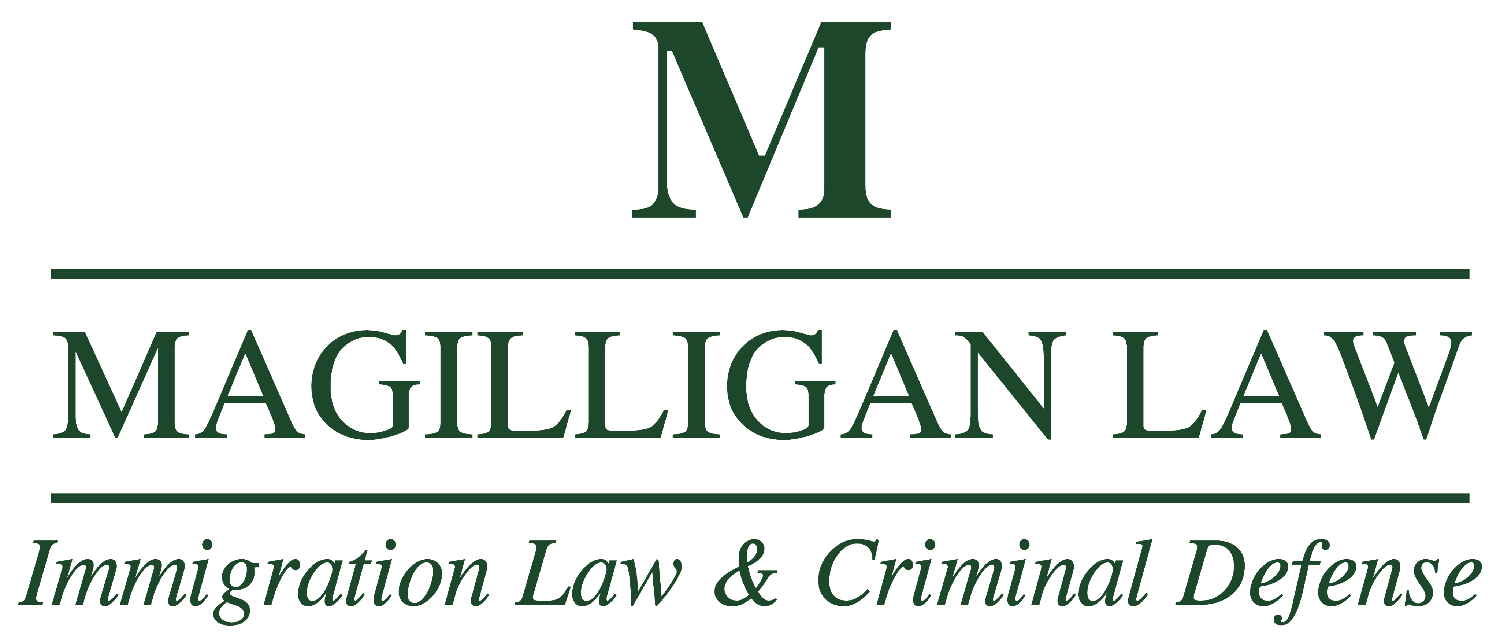Felony Defense Attorneys in Hollywood
Defending Clients Against Serious Charges
Being charged with a felony is a serious matter, and it’s normal to feel overwhelmed with the process or unsure of what to do to protect yourself. And that’s why you need help from an experienced criminal defense attorney. Having knowledgeable legal representation ensures that you understand your rights during every part of the process and are educated on the pros and cons of each defense strategy. Find out more about what happens when you’re charged with a felony below.
If you’re facing felony charges, don’t wait to get legal representation. Just one felony conviction can follow you around for the rest of your life, and you need to take action and do everything you can to mount a strong defense. And that means working with an experienced criminal defense attorney like the team at Magilligan Law.
Contact our team today to get started fighting your felony charges today.
What Makes Felony Charges More Serious?
Criminal charges come in two types: misdemeanors and felonies. Misdemeanors are for more minor crimes, and felonies are associated with more serious charges like those listed in the next section. There are also crimes that can be charged as either a misdemeanor or a felony, depending on the situation. An example of this is assault. Assault is normally a misdemeanor in the state of Florida, but if there are circumstances, such as the use of a weapon, that increase the intensity of the crime, it can be charged as aggravated assault, which is a third-degree felony. Felony charges are usually violent crimes or high-value property crimes.
Does Florida Have a Three Strikes Rule?
You may have heard that some states have a rule that if you have multiple felony convictions, you can face harsher penalties for subsequent offenses. This is often referred to as the three strikes rule because it’s often the third felony conviction that can result in life in prison. Florida is one of the states that have this type of habitual offender rule. If you have other felony convictions on your record, especially if they are violent offenses, you need to talk with an attorney about your options as soon as possible. In some cases, it may be better to attempt a plea deal to reduce the charges and avoid a strike than it may be to take your chances on getting an acquittal at trial.
What Happens If I’m Convicted of a Felony?
While no one wants to think about the possibility of being convicted when they’re charged with a crime, understanding the potential penalties is the only way to be able to make informed choices for your defense. Felony convictions generally include fines and prison sentences. Fines can range greatly but be into the thousands of dollars, depending on the charge, and you may also have to pay court costs and other fees. Prison sentences for felonies are longer than 1 year and can range all the way up to life in prison in Florida for the most serious crimes. The state of Florida also still allows the death penalty for capital felonies, such as first-degree murder.
In addition to the sentence itself, being convicted of a felony can also have a long-lasting impact on your future. You may have to disclose your criminal history to future employers, and some positions aren’t available to those who have a previous felony conviction. For example, you may not be able to work in a hospital, daycare, or nursing home if you have a felony on your record.
Is It Possible to Get a Felony Record Expunged or Sealed?
Expunging or sealing a criminal record are two methods that can make it so that criminal charges “go away.” When a record is expunged or sealed, it removes the arrest and conviction from the person’s criminal record and seals the records so that they don’t come up in a public database or background search. The effect is that it’s like nothing ever happened. However, expungements and record sealing are dealt with at the state level, and Florida doesn’t allow for either of these for felonies. This means that there is no way to get a felony conviction off of your record at a later time.
How Do I Defend Myself Against Felony Charges?
The right defense strategy for a felony charge depends on the charge itself because one has specific requirements that must be met to be convicted. For example, battery requires that you had the intent to cause harm through your actions. If you accidentally bumped into someone and they fell down the stairs, that’s not the same as pushing someone down the stairs. So, for a charge like that, an attorney might argue that you didn’t have the intent to commit the crime and therefore don’t meet the requirements.
It’s also possible that your attorney could recommend that you attempt to strike a plea deal with the prosecution. This means that you would agree to plead guilty — letting the state avoid the time and expense of a trial — in exchange for a lesser charge or a lesser sentence. This can be an effective strategy, but it’s important to remember that this means that you will have a criminal record, and it’s not something to be done lightly or without a full understanding of the implications.
One mistake doesn’t have to ruin your life or change your future, but it can if you don’t fight back. Being charged with a crime doesn’t mean you don’t have options, and an attorney can help you understand what those options are and take steps to protect your rights and interests.
Call Magilligan Law at 954-866-8058 to find out how our lawyers can help. We offer a free 15-minute case evaluation where we can talk about the charges you’re facing and what our firm can do for you.


